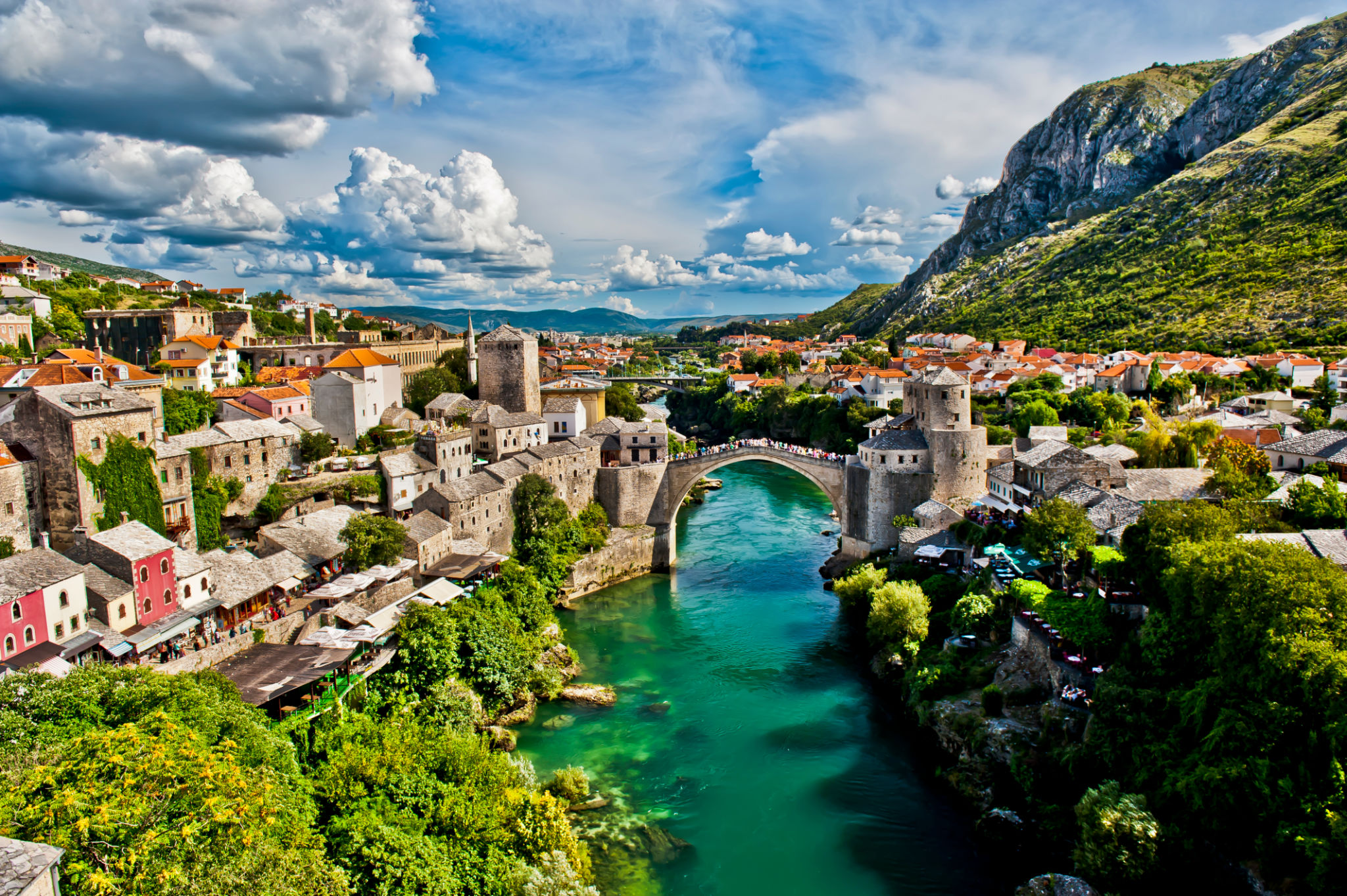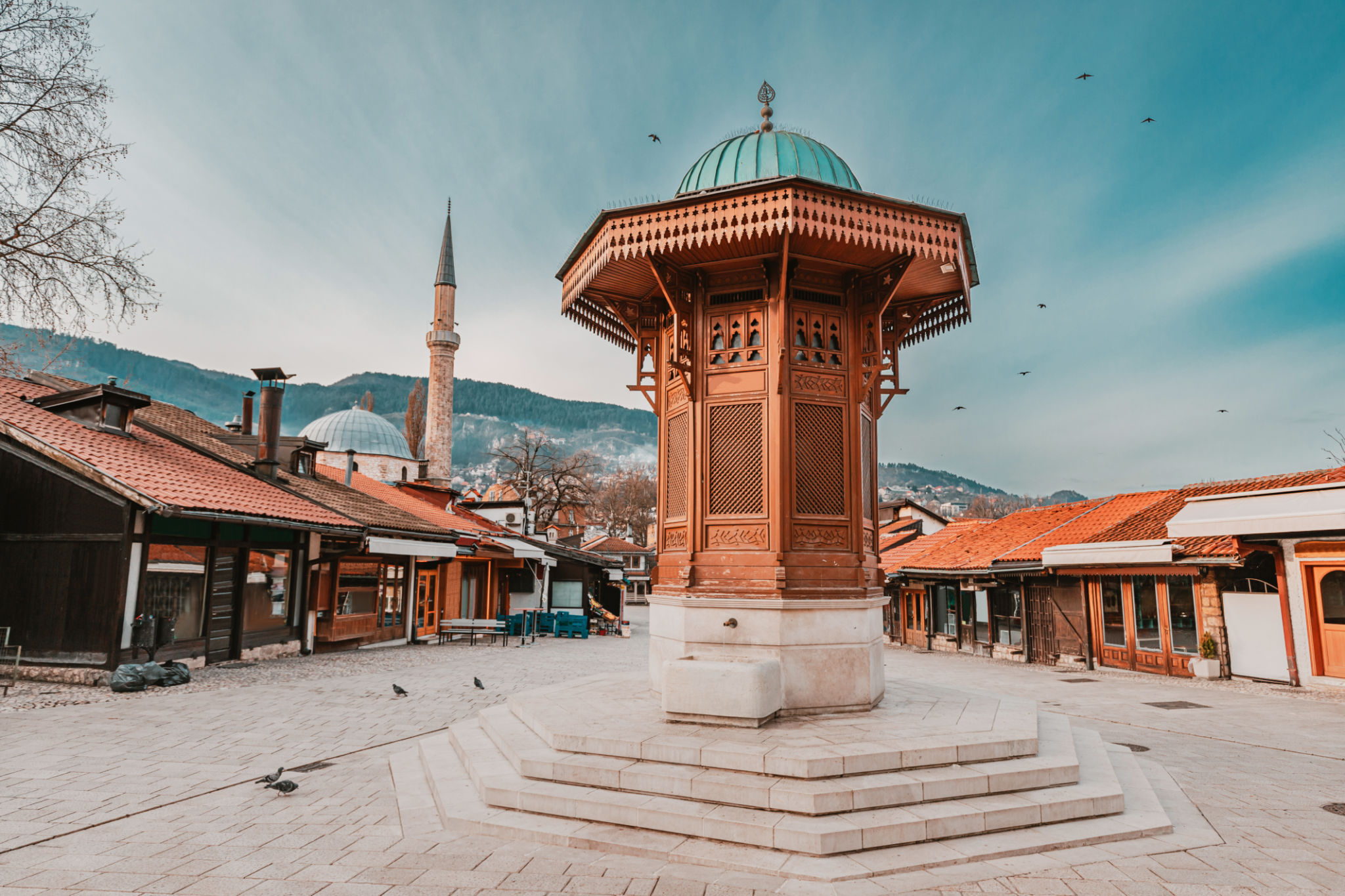Frequently Asked Questions About Traveling to Bosnia and Herzegovina
General Travel Information
Traveling to Bosnia and Herzegovina is a unique experience that combines history, culture, and stunning landscapes. Before you embark on your journey, there are a few general questions that travelers often ask. Understanding the basics can help ensure a smooth trip.
One of the most common questions is about the visa requirements. Citizens from the European Union, the United States, and several other countries do not need a visa for stays up to 90 days. However, it's always wise to check the latest travel advisories from official sources.

Currency and Payments
The official currency of Bosnia and Herzegovina is the Convertible Mark (BAM). While credit cards are widely accepted in urban areas, it's advisable to carry some cash, especially when traveling to rural regions or smaller towns.
ATMs are readily available in cities like Sarajevo and Mostar, and they offer a convenient way to withdraw local currency. Be sure to notify your bank of your travel plans to avoid any issues with your card while abroad.

Language and Communication
The official languages are Bosnian, Croatian, and Serbian. While English is spoken in tourist areas and by younger locals, it may not be as common in more remote areas. Learning a few basic phrases in the local language can greatly enhance your travel experience.
Most hotels, cafes, and restaurants offer free Wi-Fi, making communication with friends and family back home relatively easy. Consider purchasing a local SIM card if you need constant internet access during your travels.
Transportation
Getting around Bosnia and Herzegovina is facilitated by a network of buses and trains. Buses are the most popular form of public transport and connect most major cities and towns. Trains are available but may not cover as many destinations.
If you prefer flexibility, renting a car is a great option. Car rental services are available in major cities, and driving gives you the freedom to explore the country at your own pace. Remember to carry an international driving permit if you plan on renting a vehicle.

Safety and Health
Travelers often ask about safety in Bosnia and Herzegovina. The country is generally safe for tourists; however, it's always prudent to exercise normal precautions. Avoiding remote areas at night and staying informed about any local advisories is recommended.
Health care facilities are available in major cities. It's advisable to have travel insurance that covers health emergencies. Make sure you have all necessary vaccinations up-to-date before traveling.
Cultural Etiquette
Understanding local customs can enrich your visit. Bosnia and Herzegovina is known for its hospitality, and you may be invited to share a meal or coffee with locals. Accepting such invitations is a great way to learn more about the culture.
When visiting religious sites or rural areas, dressing modestly is appreciated. Ask for permission before taking photographs of people, especially in less touristy areas.

Must-See Attractions
No trip to Bosnia and Herzegovina would be complete without visiting some of its iconic attractions. The historic city of Mostar, with its famous Stari Most (Old Bridge), is a must-see. Sarajevo, the capital city, offers a blend of history and modernity that captivates visitors.
For nature enthusiasts, the country boasts beautiful national parks like Sutjeska and Una National Park, offering hiking trails and breathtaking scenery. Plan your itinerary to maximize these experiences.
- Sarajevo
- Mostar
- Sutjeska National Park
- Una National Park